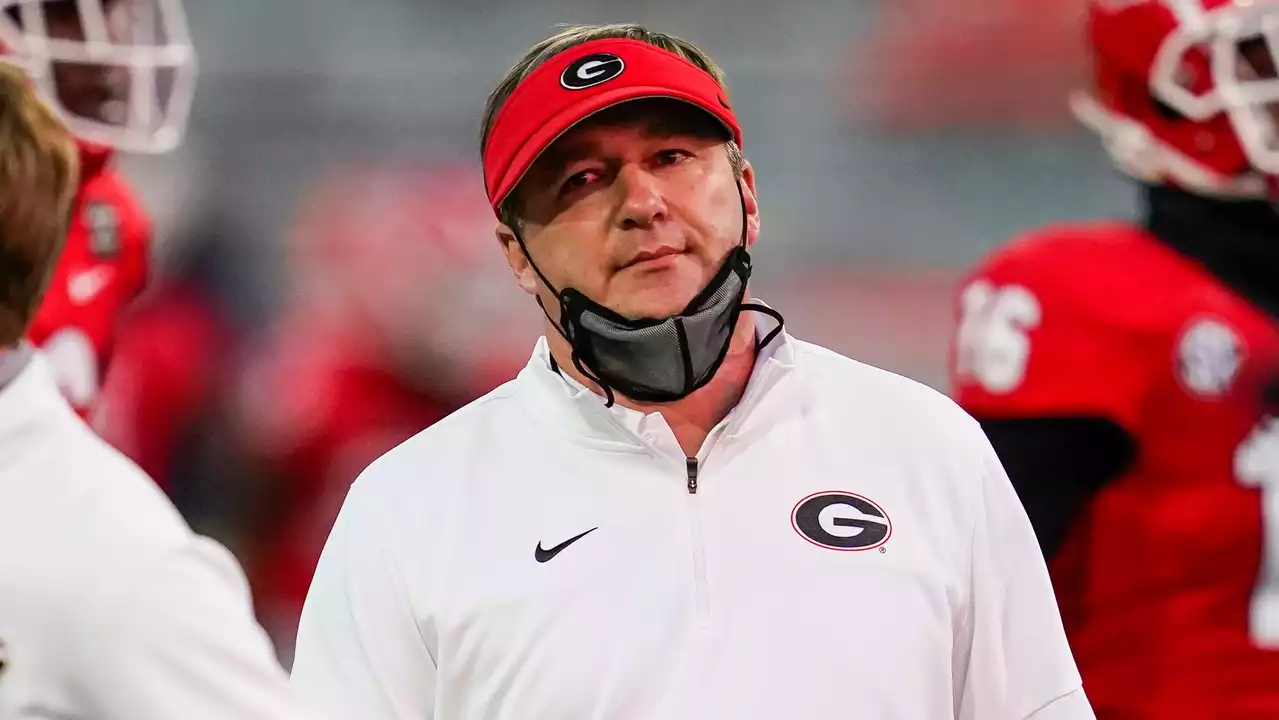Move On: Real Ways to Bounce Back in Sports and Life
Every athlete hits a rough patch—maybe a bad loss, a nagging injury, or a season that just doesn’t click. It’s easy to feel stuck, but staying stuck only drags you down further. The good news is that moving on isn’t about forgetting the pain; it’s about turning that experience into a springboard for the next win. Below you’ll find straight‑forward steps you can start using right now, whether you’re a pro, a weekend warrior, or just a fan who loves the game.
Why Moving On Matters
When you cling to a setback, you waste mental energy that could be fueling your next performance. Studies show that athletes who actively process a loss and shift focus recover faster and perform better in subsequent games. It’s not magic—it’s simple psychology: acceptance reduces stress, and low stress lets your body train harder and think clearer. In other words, letting go unlocks your next level of growth.
Step‑by‑Step Strategies
1. Give the moment a name. Saying “I’m upset about that loss” out loud or writing it down stops the feeling from hiding in the background. 2. Set a tiny, doable goal. Instead of “I’ll get back to form,” try “I’ll add five minutes of mobility work each morning.” Small wins build momentum. 3. Swap the replay for a plan. Stop looping that missed play in your head; draft a concrete action—perhaps a new drill or a video review session. 4. Lean on your crew. Talk to a teammate, coach, or friend who gets it. Sharing the load lightens it and often sparks fresh ideas. 5. Celebrate the effort. Even if the result isn’t perfect, acknowledge the grind you put in. Recognition fuels the next push.
Another useful habit is a quick “reset” ritual after a setback. Take a few deep breaths, stand up, stretch, and tell yourself, “I’m ready for the next play.” This tiny mental switch stops the spiral and puts you back in the game mindset. It works for a missed shot, a pulled hamstring, or a season that ends early.
If you’re dealing with an injury, combine the mental steps with real rehab basics: follow your physio’s program, track progress daily, and keep a journal of how you feel. Seeing tangible improvement—even a half‑inch increase in range—boosts confidence and makes the larger comeback feel reachable.
Finally, remember that moving on is a cycle, not a one‑time event. You’ll face new setbacks, and each time you’ll have a toolbox of tactics ready to go. The more you practice these moves, the quicker you’ll bounce back, and the more enjoyment you’ll get from every practice, game, or stream of your favorite sport.

Is it time for Georgia football to move on from Kirby Smart?
As a Georgia football fan, I've been pondering whether it's time for the team to move on from their head coach, Kirby Smart. Despite his previous successes, Smart's recent performance has left some fans questioning his ability to lead the team to greatness. While it can be argued that every coach has a bad season or two, it's essential to consider whether sticking with Smart is the best decision for the future of Georgia football. Personally, I believe it's crucial for the team to evaluate their options before making any drastic decisions. Ultimately, the goal is to choose the path that ensures long-term success for the players, the program, and the fans.